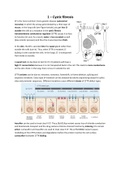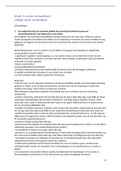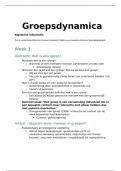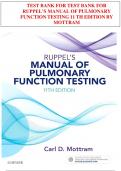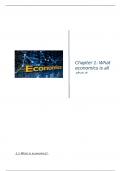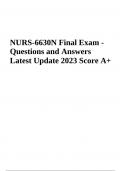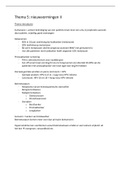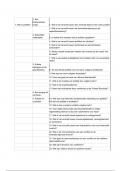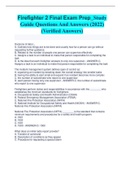Summary
Summary The Merchant's Tale KEY QUOTATIONS WITH TRANSLATIONS
This document provides a bunch of key quotations and translated versions from the tale, you can quote both the old english and normal/ newer english in your essay and this document gives you the opportunity to learn both!
[Show more]





